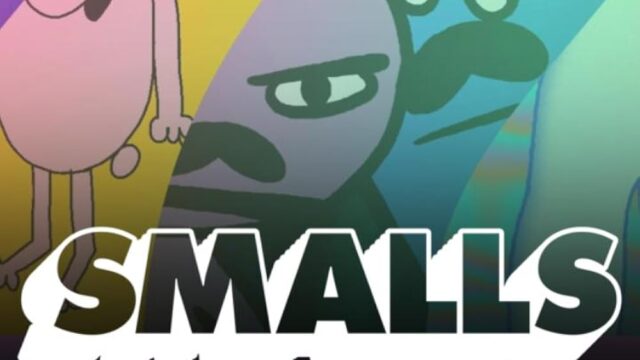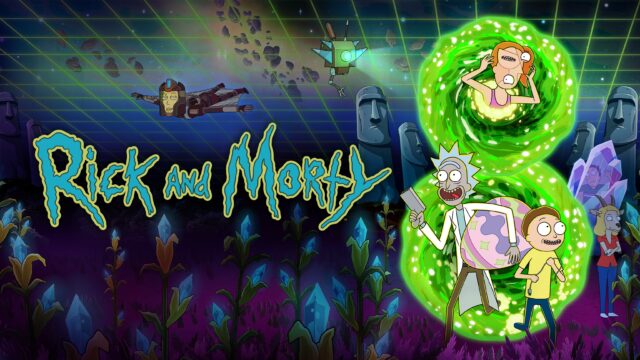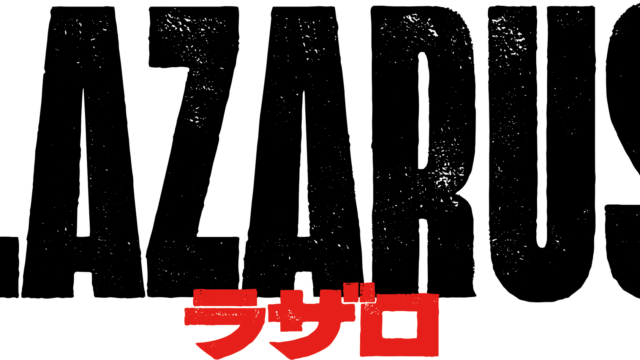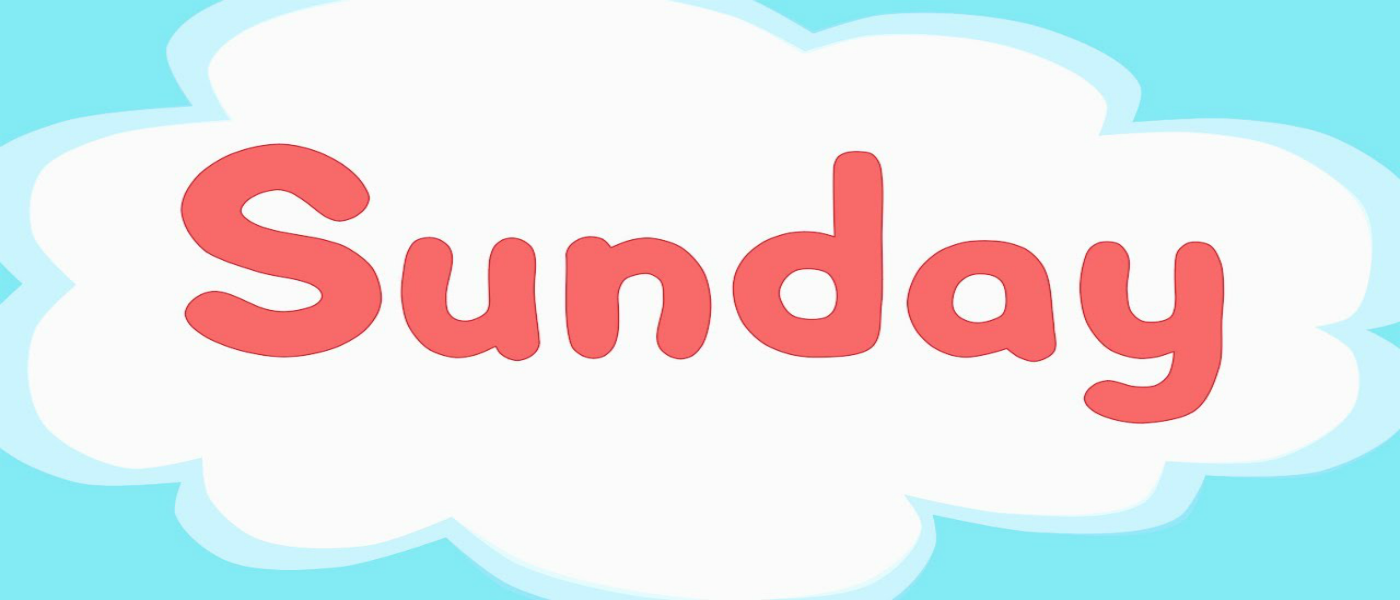[Exclusive Interview] YOLO: Silver Destiny: Michael Cusack on Sarah and Rachel’s Super-Sized Break-Up and The Series’ Future
Michael Cusack’s YOLO: Crystal Fantasy was one of the biggest surprises to hit Adult Swim in 2021 and the show’s 2023 sequel season, YOLO: Silver Destiny, has managed to top its predecessor’s impressive heights with an even more ridiculous, emotional, and unpredictable exploration of toxic friendship in a fantastically heightened version of Wollongong, Australia.
YOLO: Silver Destiny has tested Sarah and Rachel, both as individuals and as besties, as a careful serialized storyline has played out that’s pushed them towards disparate destinies. Audiences were ready for big changes in the finale for YOLO: Silver Destiny, but the series has gone above and beyond with a super-sized conclusion that’s three times the length of a standard episode. “This is LITERALLY the Finale” is the boldest episode that YOLO has ever done and, to celebrate the end of the season, Michael Cusack gets candid over the finale’s development, the radical turns that it features for Sarah, Rachel, and Lucas, as well as what the future holds for a hypothetical third season that concludes Cusack’s trans-formative YOLO trilogy.
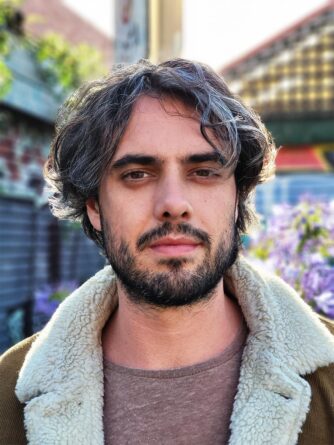
Daniel Kurland: YOLO: Silver Destiny was even more serialized than the first. Did you figure out this finale’s end points before starting the writing so you knew what you were building towards?
Michael Cusack: No, no we had no idea. We were very much coming up with it as we went along. So much so that we were cornered into figuring out what to do when we got to the finale. Anca Vlasan, my co-writer all of the time on YOLO, did a pass on the finale and it developed a lot from there. From what Anca added and what I worked into the script. It went through a lot of iterations. To answer your question, no, we had no idea.
Daniel Kurland: Was this finale always developed as one big three-part episode that would air together or was it ever broken down into three separate parts?
Michael Cusack: In Crystal Fantasy we did the two-part finale and I don’t know why, but it just made sense to add an extra installment to it so that it’s a three-part finale this year. We also got ten episodes this year, instead of eight, which helped. It’s just fun to write those finales, especially when you’re serializing something because it’s hard to cram everything into 11 minutes. So having 33 minutes gave us the ability to better pace out certain plot points.
Daniel Kurland: On that note, this is a much longer episode of the series. Did that make it challenging at all to figure out the episode’s pacing? Was it a luxury to have more time to let the storytelling breathe?
Michael Cusack: It was a luxury, but it also made it harder to track the serialization. Back in Crystal Fantasy, the first season was much easier because they were mostly isolated episodes that weren’t really serialized, except for the finale. It definitely was a challenge, which makes me think that if we’re lucky enough to make more YOLO that there’s a reality where we go back to more of an episodic approach to the storytelling–or maybe a mix. I don’t know if I’d serialize YOLO again this much in the future and Silver Destiny may go down as the most serialized season.
Daniel Kurland: Was season one’s finale on your mind at all when figuring out this season’s finish? I thought that was one of your strongest episodes and while it deals with similar ideas and themes, did you want to try to avoid repeating yourself with this finale?
Michael Cusack: Similar, but different, was definitely the vibe. We had already set up from the start of the season that Sarah and Rachel have had different visions–different destinies, in a way–so the clash of those ideals was definitely on our minds. So to go back to your first question, I guess the finale was kind of planned out in that respect, but that was really it. It was really just fun to get into genuine conflict between these two characters. In season one there is conflict, but it’s more based around Rachel disappearing as its catalyst. This time it’s different.
Daniel Kurland: There are a lot of payoffs from the season in this finale, but there are also a lot of fun callbacks to season one, like the decision to bring back Peleeken from “Bush Doof.” Why did you want to bring him back?
Michael Cusack: Peleeken was just such an annoying character. I just thought it’d be funny to bring someone like that back, especially since he’s a character who can pretty much do anything. Hopefully he’s likable–and when I say “annoying” with him, it’s not hopelessly annoying. It’s within reason. I still want him to be likable, he’s just naive and innocent. Something about that was really funny to me.
Daniel Kurland: Well you establish him to be one way in season one, so it’s so funny when he’s like the one person who’s empathetic towards Rachel throughout this crusade and comes to her aid.
Michael Cusack: Yeah! He has no connection to Rachel, but he’s calling her his best friend. He’s on his honeymoon and he’s worrying about her! He goes above and beyond when it comes to caring for friends who hate him. It’s so interesting.
Daniel Kurland: The live-action interview segment with you talking to Sarah is a lot of fun. How did that come about?
Michael Cusack: The idea there was that in Australia we have these panel talk shows like The Project that talk about current events. They’ll have like bite-sized interviews with the trend of the day. “We’re talking to Dave here who survived the hurricane…” Really quick in-and-out interviews. I believe that we tried to actually get The Project to interview Sarah, but it’s hard to pull that kind of stuff together. In the end we just figured that we’d do it ourselves. I didn’t even want to insert myself into the series like that. It was just out of necessity. I just love the idea of these TV news personalities talking to Sarah–this animated character from an Adult Swim show.
Daniel Kurland: On the topic of the real world, there are references to Brett breaking the fourth wall and escaping into reality. Would you like to explore more of that idea in a third season?
Michael Cusack: I feel like that idea was ended pretty quickly with how it gets resolved with Brett. When they say, “break out into the real world,” are they talking about our world? I guess they are because he mentions having a vision of people watching them, which is a reference to us–the audience. For some reason though, I think he broke out into the wrong universe. That might be a little too high concept for us and it’s been touched on enough in Silver Destiny that I don’t think we need to return to it.
Daniel Kurland: I just love that kind of wild stuff. I wouldn’t hate it if you returned to explore that rabbit hole and took it further.
Michael Cusack: We’ll see.
Daniel Kurland: Lucas’ growth across this season is really satisfying. In a hypothetical third season could you see him and Sarah dating as the show explores new dynamics across these characters?
Michael Cusack: I think that might be a case of needing to first figure out where we want to end the season, and the show, with Lucas and the rest of the characters. There’s no strong vision on how that should be or end, so I think it would be a matter of getting together with the writers and figuring out what makes the most sense there.
Daniel Kurland: Is Lucas’ evil talking hat just nonsense then or do you actually have a plan for what’s going on with that for the future?
Michael Cusack: Yeah, that’s the classic Lost kind of writing where it’s like, “Let’s throw into the mix a mystical jewel and see how it comes into play…” That’s what I love about TV writing, actually, because it forces you to get creative. Most of the best TV that I’m inspired by and the classic serialized shows set things up and then figure them out later. A lot of the time they actually have to get other people to figure them out once showrunners change. There’s something creative about that where you’re forced to think outside of the box. And the great thing is that there’s always a solution. There’s always some way to get creative, expand your story, and have things make sense.
Daniel Kurland: I feel like nobody would expect you to return to this talking hat and then if you did people would be like, “It was teased to us all along!” You kind of win both ways.
Michael Cusack: Yeah! That’s kind of what Lost does best. They’ll introduce something and then kind of drop it, but that never bothered me. It just added to and expanded upon the show’s palette. Sometimes it’s more powerful to leave things as a mystery. I agree, you do kind of win both ways.
Daniel Kurland: There’s a really satisfying sense of closure in this finale, especially with season one characters popping up. There’s an open-ended nature to this episode, but was it written as a series finale on some level?
Michael Cusack: With me–even with season one–I’m always writing as if it could be the end because you never know! It’s good to know in your heart that if the show were to be canceled that this is still a nice ending if it had to be the finish. That’s always kind of the goal to give a sense of closure, but still leave it open-ended for the possibility of more.
Daniel Kurland: You’ve mentioned that you started to view YOLO as a trilogy. Do you have any idea of where it’s all headed and what you’d like to do with a final season?
Michael Cusack: I’ve definitely got a rough idea. It’s strange in these early stages because you get glimpses and flashes of what you’d like to do. That can grow into other ideas and trigger different things, too. The one thing that I keep coming back to is just finding ways to make the show even weirder and funnier. I know that’s a broad guideline and statement, but I want to challenge myself. I want to up the stakes–and not in a way where it feels like a different show–but to just elevate it and keep people surprised.
‘YOLO: Silver Destiny’ and ‘YOLO: Crystal Fantasy’ are both available to stream on Adult Swim and HBO Max


